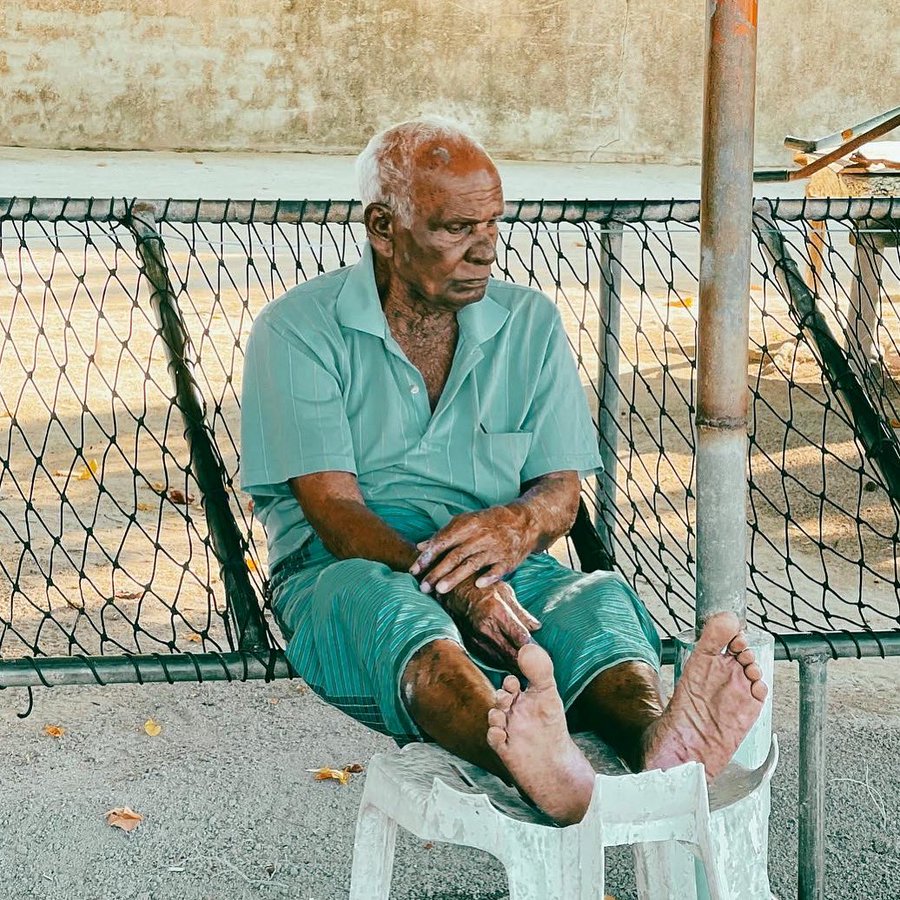Imagine relaxing in a chair so comfortable that it becomes part of your travel experience. This is exactly what happened to a group of Japanese travelers who visited the Maldives. Captivated by the traditional Maldivian chair known as Joali, they didn’t just enjoy it on the islands, they decided to recreate it back home. Inspired by the island’s relaxed vibe, they enlisted the help of friends to craft their very own Joalis. A true testament to the power of comfort and cultural connection, Joali has long represented the peaceful Maldivian lifestyle. And now it has crossed oceans to find a new home in Japan.
Now you can find Joali in Japan! Japanese travelers visiting the Maldives found the traditional Maldivian bench, "Joali", very comfortable 😊 They loved it so much that they made own Joali with a help of their friends in Japan! 🪑🌴 How wonderful! pic.twitter.com/RJgaOOPdo6
— Embassy of Japan in Maldives (@JapaninMaldives) November 26, 2024
What is a Joali? The Heart of Island Relaxation
At first glance, Joali may seem like a simple chair, but it’s much more. It plays a central role in island life—a cross between a deck chair and a hammock, designed for ultimate comfort. Traditionally, islanders build it with a wood or metal frame, and they weave the seat from coir rope, made from the fibers of coconut husks. This combination of materials and craftsmanship gives the Joali its distinctive look and feel, blending sturdiness with relaxation.

Crafted from local coconut trees, Joali began as a purely Maldivian creation. Born from the island’s long tradition of coir rope making, or ‘roanu veshun.’ Generations of women passed down this skill, Using abundant coconut palms to make ropes for fishing boats and the beloved hammock-like chairs. As the Maldives modernized, people replaced wooden frames with metal ones and swapped coir rope for synthetic versions that better withstand the salty air and weather.
A Piece of Maldivian History in Every Knot
Joali is not just a chair; it tells a story of the Maldives’ trade history. The islands once produced high-quality coir rope, which traders prized for its durability. This rope helped build ships that could better withstand the impact of the Indian Ocean’s unpredictable reefs. The chair itself represents Maldivian craftsmanship and trade, with each knot and weave symbolizing the islanders’ resourcefulness.
In addition to serving as a comfy seat, Joali can also double as a swing. Islanders sometimes hang the chair from a tree using rope. Creating a relaxing swing where they can gently sway in the breeze, adding another layer of comfort to an already cozy design.

In modern-day Maldives, people see Joalis everywhere in the islands. From front yards shaded by trees to beaches where people nap under the warm sun. Joali remains a symbol of island life, where time slows down and the pace of life follows nature, not the rush of the outside world. Even though its materials have evolved, the tradition of Joali continues. Providing a place to relax, chat with friends, and enjoy the beauty of the islands.
If you visit the Maldives, you must experience Joali. It’s not just a piece of furniture, but an invitation to experience the island’s peaceful, laid-back way of life.
Feature image via Embassy of Japan in Maldives








